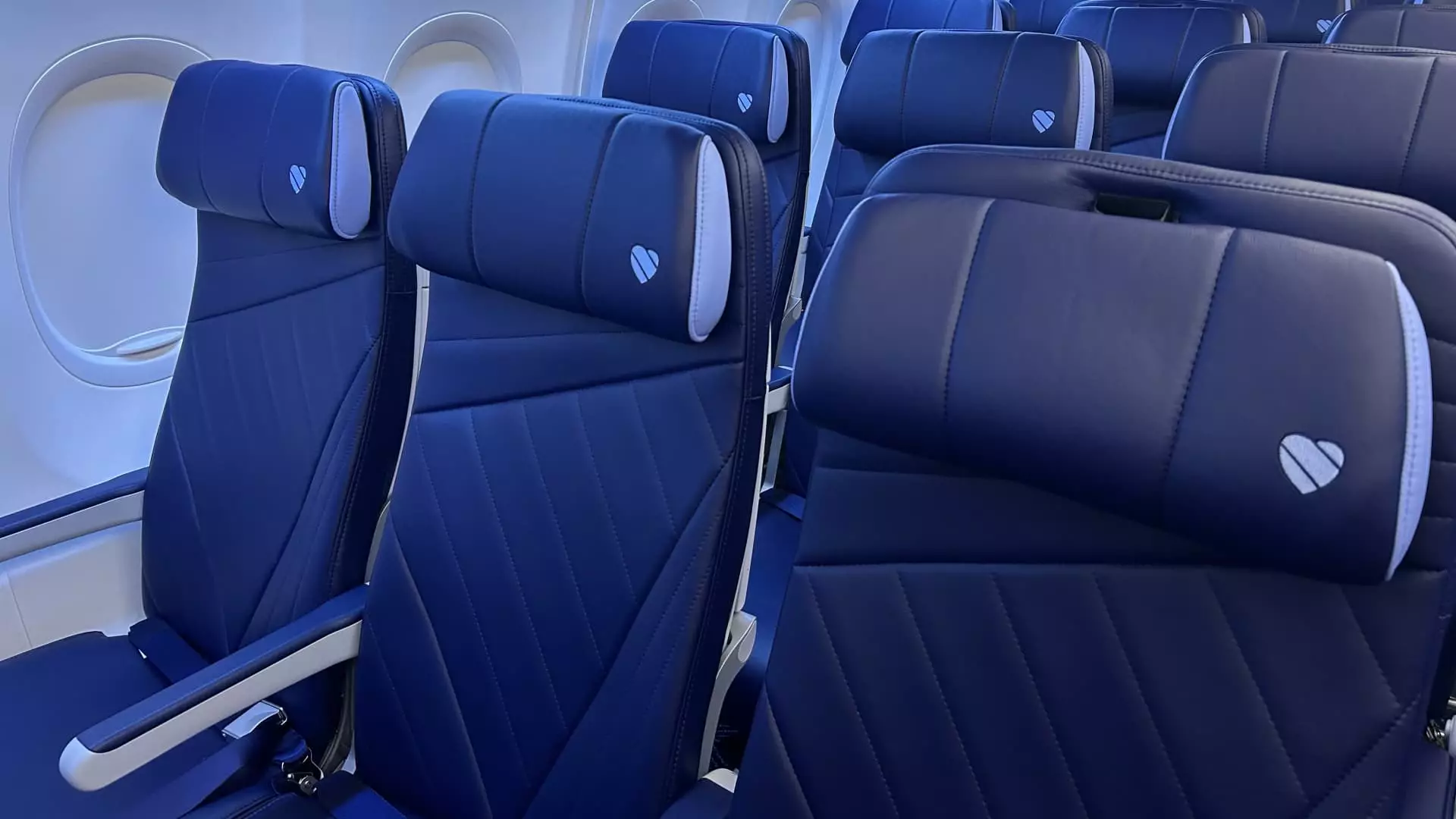In an era where air travel has become increasingly commodified, Southwest Airlines’ recent move to introduce paid seat selection epitomizes the shift from customer-centric service to profit maximization. Historically celebrated for its egalitarian policies—free checked bags, open seating, and straightforward pricing—Southwest now mirrors the more exploitative practices of legacy carriers. Instead of valuing long-standing customer loyalty and simplicity, the airline appears to be prioritizing ancillary revenue at the expense of the consumer experience. This transformation is symptomatic of a broader industry trend: airlines are increasingly incentivized to extract every possible dollar from passengers, eroding trust and setting a dangerous precedent for the future of affordable air travel.
The introduction of assigned seating, with fees that vary based on seat location, adds a new layer of complexity—and financial burden—that is likely to disproportionately impact budget-conscious travelers, families, and those who prefer straightforward pricing. When a round-trip flight between Denver and Orlando now costs nearly $700 before factoring in seat preferences, it is evident that traveling can become prohibitively expensive. The once simple act of booking a flight has become a complicated calculus: do you pay extra for preferred seats, legroom, or just settle for whatever is available without extra costs? This trend signals a move away from transparency and fairness, emphasizing the airline’s desire to maximize revenue rather than improve customer satisfaction.
Economic Rationing: Who Wins and Who Loses?
The shift in Southwest’s pricing strategy reflects a broader economic dynamic—those with the most resources and status are protected from additional charges, while the average traveler bears the brunt of these fees. Elite frequent flyers and credit card holders enjoy perks like free preferred seats and early booking privileges, creating a tiered system that favors the wealthy and loyal, effectively reinforcing inequality within the airline’s ecosystem. This stratification is antithetical to the egalitarian promise that made Southwest appealing in the first place. For many middle- and lower-income travelers, flying is becoming a more segmented experience—one where comfort and convenience are premium commodities, not rights.
Moreover, the practice of charging for seats—especially those considered “preferred” or extra-legroom—introduces a subtle form of economic rationing. Passengers who value comfort or are willing to pay a premium can secure better seats, leaving others to settle for less desirable options. This increasingly transactional approach undermines the notion of air travel as a public service, transforming it into a marketplace where basic amenities are now paywalls. The reality is that this commodification will likely make travel less equitable, forcing families and individuals to choose between affordability and comfort, thereby widening social divides.
Consumer Powerless in the Face of Industry Norms
In the current airline landscape, consumers are often left with little choice but to accept these new pricing strategies or face higher costs and reduced convenience. While Southwest’s loyalty programs and credit cards offer some reprieve, the average passenger encounters a confusing array of fees and options designed to nudge them toward unnecessary purchases. This creates an environment where informed decision-making becomes increasingly difficult, removing power from travelers who simply seek affordable and straightforward travel options.
This situation raises fundamental questions about the balance between corporate profitability and consumer rights. Airlines are a critical part of a global transportation network, yet they seem to prioritize shareholder interests over passenger welfare. The shift towards paid seat selection and ancillary fees signals an abandonment of the traditional airline ethos—serving the public and fostering loyalty through fair pricing and transparent service. Instead, modern airlines are acting as gatekeepers to comfort, restricting access to preferred amenities behind paywalls that many cannot afford.
Furthermore, this strategy could backfire as dissatisfied consumers seek alternative options, possibly turning to emerging low-cost carriers or rail networks, which might offer simpler, more inclusive pricing models. However, given the extensive investments airlines have made in these revenue streams, it’s unlikely they will reverse course easily. Instead, they will continue to exploit passenger patience and hope that most will accept the new normal—the higher costs, the tiered service levels, and the diminishing returns on consumer rights.
The Future of Flying: A Concerning Trend or an Opportunity for Change?
While critics may see Southwest’s new policy as a cynical attempt to harvest extra revenue, it also presents an opportunity for consumers to demand better. The entire airline industry, including regulators and consumer advocates, must scrutinize these developments and advocate for fairer, more transparent pricing practices. There is a growing need to restore a balance where affordability and fairness are prioritized over relentless profit extraction.
As advancements in technology and alternative transportation options evolve, consumers have the power—if they choose to exercise it—to resist this shift. Public discourse must focus on protecting the principles of equitable access and reliable service, ensuring that air travel remains a means of connecting people rather than a privilege reserved for the wealthy. Airlines that fail to adapt to these expectations risk becoming obsolete in a world where transparency, fairness, and consumer rights are no longer optional but essential standards.

